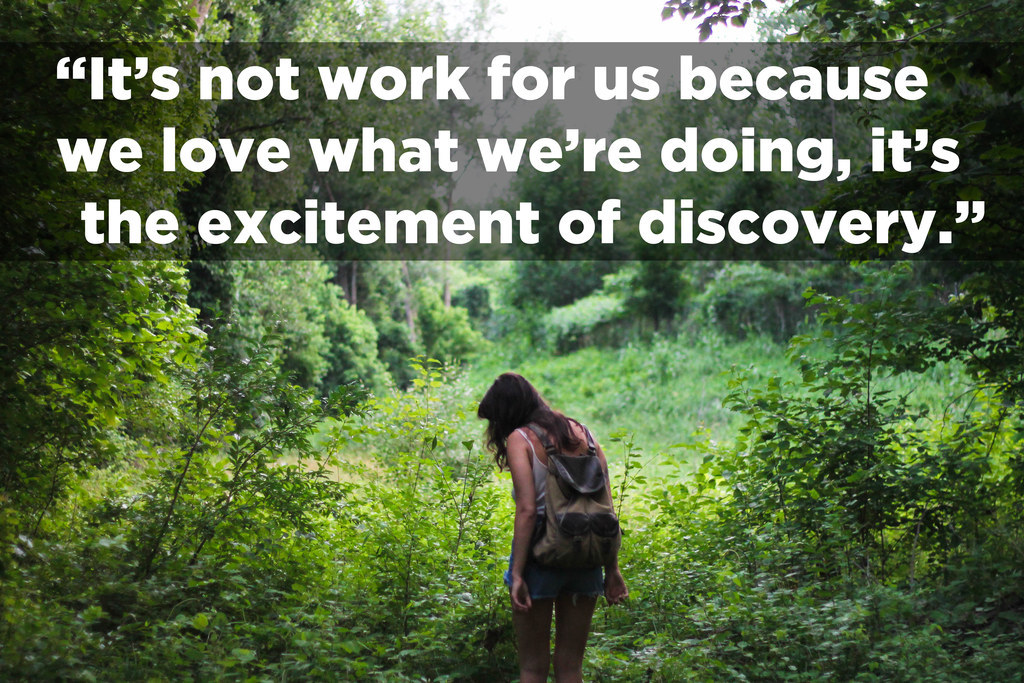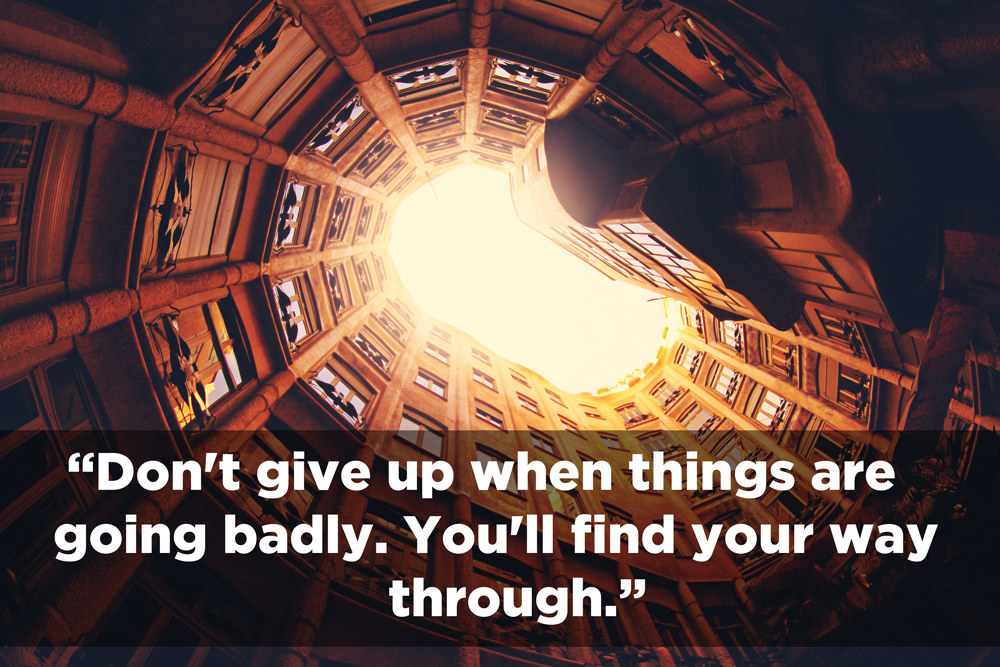Paul Greengard is a Nobel Laureate, a titan in the field of neuroscience, and still spends most weeks in the lab. Last week he turned 90.
BuzzFeed Science spoke to him before his birthday about what he's seen change over his long career in science, what still needs to, and what advice he has for young scientists today.

1. Use your own good fortune to help others.
When he won the Nobel Prize for a discovery relating to how messages are sent in the nervous system, Greengard decided to put the money to good use.
"I had observed a lot of discrimination against women, for many many years, and when I won the Nobel Prize I thought it'd be a nice thing to do to take that money, and the money we were able to get through the support of Rockefeller University, to fund an annual prize for an outstanding woman in biomedical research," he says.
"My mother [née Pearl Meister] had died giving birth to me and I never knew her, so I thought it'd be a nice way to memorialise her while trying to help women scientists."
The Pearl Meister Greengard Prize is now in its twelfth year. The 2015 winner was Helen Hobbs, for her discoveries in human genetics.
2. Be aware of your own prejudices.
Clearly not everyone who wants to do their bit for women in science has a pot of Nobel Prize winnings to spare. So what should the rest of us do?
Greengard thinks more men being aware of their own prejudices would help a lot. "I mean, things have improved enormously, but they still have a long way to go in terms of treating women equally to men," he says. "So I think just becoming aware of the biases with which [men] were brought up can go a long way to addressing the problem."
When asked what he says to male academics who don't hold as progressive a view point as him, Greengard's answer was short: "I don't speak to them."

3. Try to work on something that excites you.
Greengard thinks that hard work and long hours are a fact of being successful in science. So find something you enjoy, and then hopefully it won't always feel like work.
"The fact is all of the most highly successful scientists I know work practically all the time," he says. "I'm 89 and I'm still working most weeks – occasionally I'll take a day off, and I'll go away for two weeks for vacation – but that's who I am, and almost every highly successful scientists I know tells me the same thing."
"It's the same for us as doing a crossword puzzle for somebody who works 35 hours a week. It's not work for us because we love what we're doing, it's the excitement of discovery."
4. Because you're going to have to work very, very hard to succeed.
"You should only go into science if you really have a yearning to make scientific discoveries," says Greengard. "Science is not the glamour that's portrayed in films. It's a lot of drudgery work, along with the wonderfully exciting periods when you discover something."
5. It helps if you ask the right questions.
"My philosophy is that we should ask the most important question that's capable of being solved," he says.
"For example, a question that's not capable of being solved is 'What happened before the big bang?' I believe it's a waste of time trying to answer that because you will fail. So try to think of the most important question you can in your sub discipline and then go for it."

6. Persevere.
Greengard's main piece of advice to young scientists is "persevere".
"Don't give up when things are going badly, because if you're smart and committed enough, you'll find your way through," he says. "And if you don't, you'll go to another project that is amenable to breakthroughs."
He says been pretty lucky. "You can ask very important questions, but they have to be questions that you have a chance at answering. I can't think of any significant questions I've asked where I couldn't persevere. I've been very fortunate."
7. Don't underestimate how quickly change can happen.
"I've been surprised at how rapidly there has been improvement for women in the scientific community," he says. "It's far from where I would like to see it, but it's been more rapidly than I would have thought it would happen. There's such widespread awareness now."
